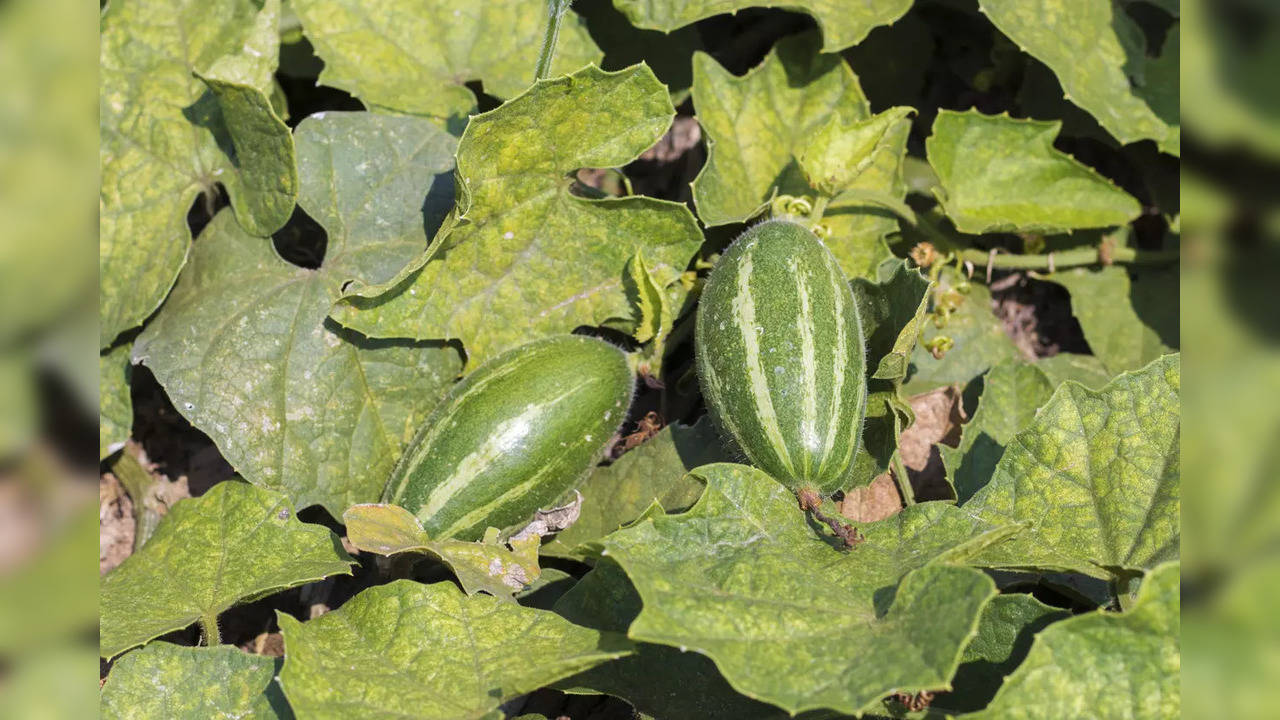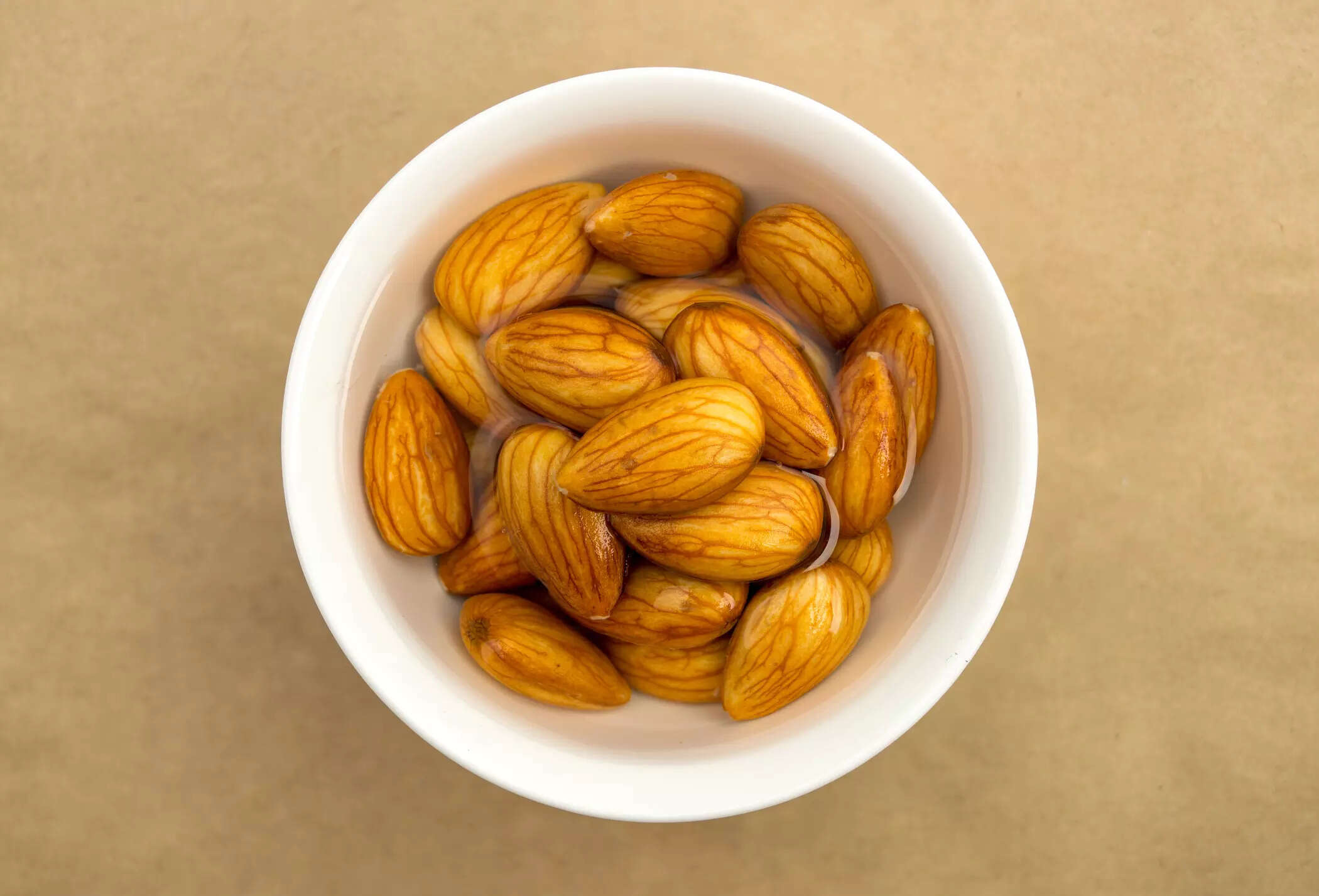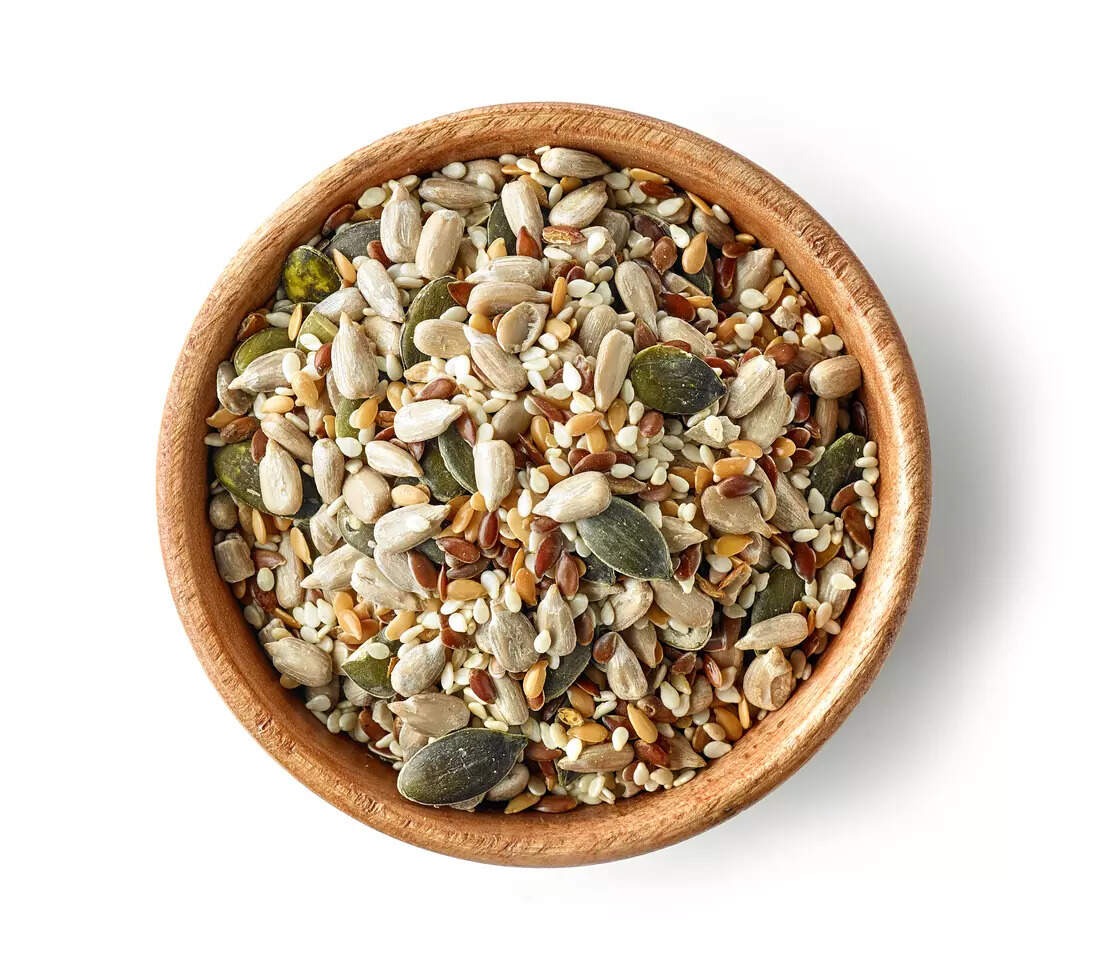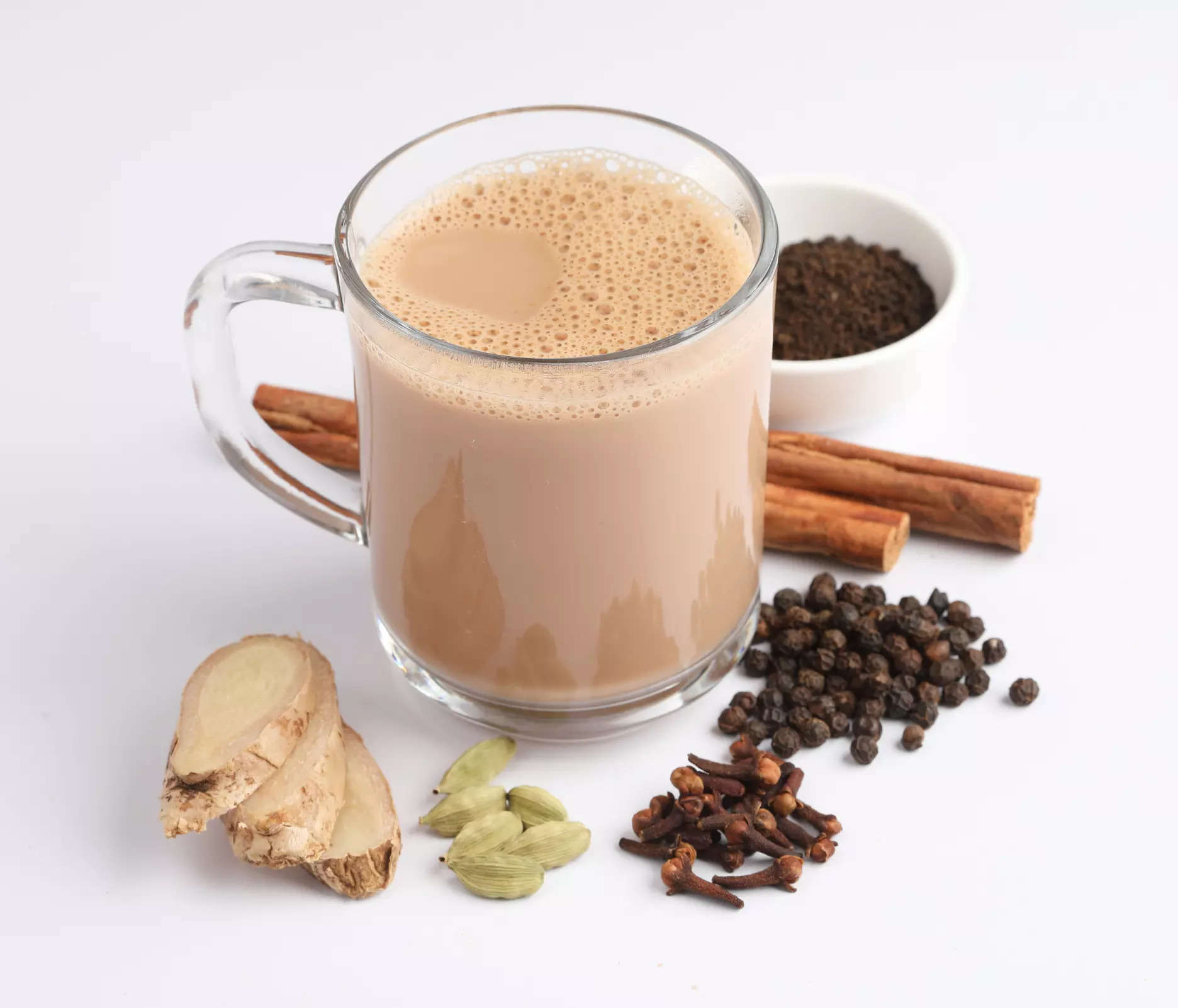Parwal is a vine-like dioecious plant that has characteristic heart-shaped leaves and is native to the Indian subcontinent. It is widely grown in the eastern and northeastern states and is popularly called potol there.
Related news
Nutritionists, however, advise peeling the squash before cooking to lessen the impact of chemicals and pesticides on the plant. It is best to discard the seeds and boil them before consuming.
Amazing health benefits of parwal
The various health benefits of parwal include:
Related news
- It is a natural blood purifier: Due to its high antioxidant content, parwal helps destroy free radicals and promotes the growth and repair of cells in the body. It also helps in blood purification and protection against various infections and diseases.
- Relieves constipation: Parwal seeds, once dried and powdered, should be mixed with warm water and consumed every day to help relieve the problem of constipation. Parwal seeds work as a successful laxative.
- Helps relieve skin problems: Being rich in antioxidants, parwal helps improve fine lines, wrinkles, blemishes, and all signs of premature skin aging. Antioxidants help fight free radical molecules that promote these symptoms.
- Promotes weight loss: Parwal, being an excellent source of calcium, magnesium, and phosphorous, is also great for aiding weight loss and fighting obesity. Parwal has only 24 calories per 100 grams and therefore can be eaten daily to reduce calorie intake and increase nutritional intake.
- Improve sex life: Parwal is also known to be a popular aphrodisiac and helps release sex hormones in both men and women.
Disclaimer: The tips and suggestions mentioned in the article are for general information purposes only and should not be construed as professional medical advice. Always consult your doctor or dietitian before beginning any fitness program or making changes to your diet.
.




